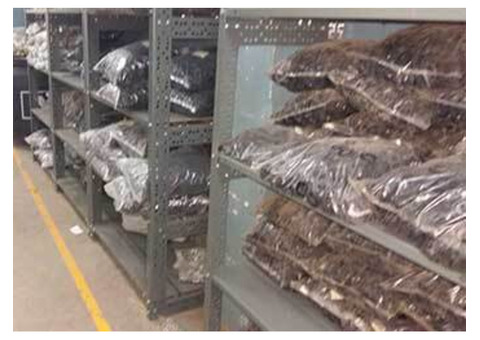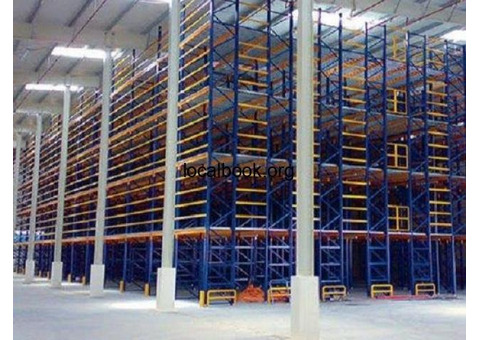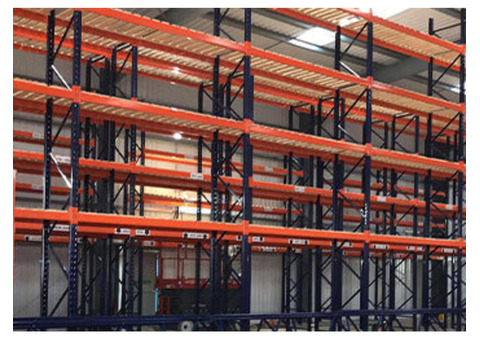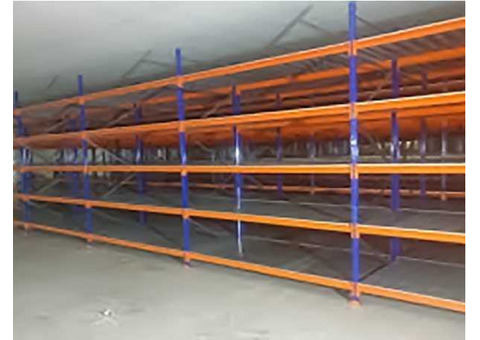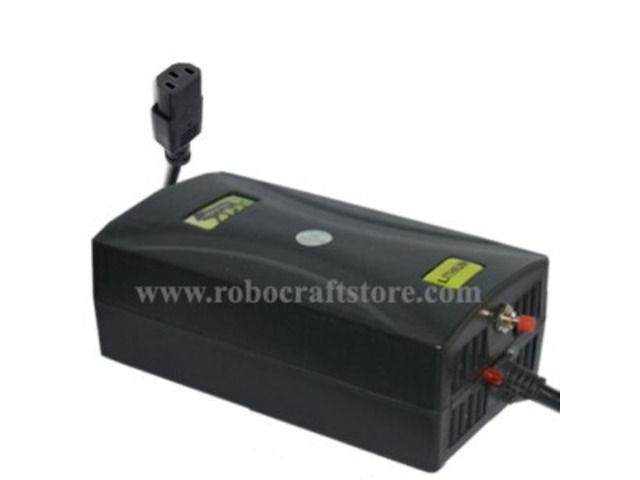Robocraft is a leading supplier of electric vehicles battery chargers from ahmedabad, india. Electric vehicle (EV) battery chargers are devices used to recharge the batteries that power electric vehicles. Different types of battery chemistries, such as lithium-ion and lead-acid, require different charging methods and equipment. Below is an explanation of electric vehicle battery chargers, focusing on the chargers designed for lithium-ion batteries and lead-acid batteries.
1. Lithium-Ion Battery Chargers
Lithium-ion batteries are the most commonly used type of battery in electric vehicles today. They offer a high energy density, long lifespan, and lightweight construction. Lithium-ion battery chargers are designed to optimize charging to preserve the health of the battery and ensure safety.
Key Features of Lithium-Ion Battery Chargers:
Charging Stages: Lithium-ion battery chargers generally use a two-stage charging process:
Battery Management System (BMS): Lithium-ion chargers often work in tandem with a BMS, which monitors the battery’s voltage, temperature, and current to ensure safe charging.
Charging Speed: Lithium-ion chargers tend to charge faster than other types of chargers (such as those for lead-acid batteries) because of the higher energy density of lithium-ion cells and more efficient charging algorithms.
Advantages of Lithium-Ion Battery Chargers:
Faster charging times.
Longer battery life (due to efficient charging).
Lightweight and compact.
2. Lead-Acid Battery Chargers
Lead-acid batteries were traditionally used in electric vehicles, particularly in older models or low-speed vehicles (like golf carts). While they are less efficient and have a shorter lifespan than lithium-ion batteries, they are still used because of their lower initial cost.
Key Features of Lead-Acid Battery Chargers:
Charging Stages: Lead-acid chargers typically use a three-stage charging process:
Voltage and Current: Lead-acid batteries typically operate at voltages of 12V, 24V, or 48V, and chargers are designed to match these specific needs.
Advantages of Lead-Acid Battery Chargers:
Lower upfront cost for both the battery and charger.
Widely available and simple technology
Conclusion:
Lithium-Ion Battery Chargers are used for modern electric vehicles and provide fast, efficient charging with a longer lifespan for the battery.
Lead-Acid Battery Chargers are still used in older or budget electric vehicles, providing a more affordable but slower charging process.
Published on March 15, 2025
Modified on March 15, 2025
Published by Robocraft Store
Viewed by 17 people
Description of item
Location
Country
India
Region
Gujarat
City
Ahmedabad

